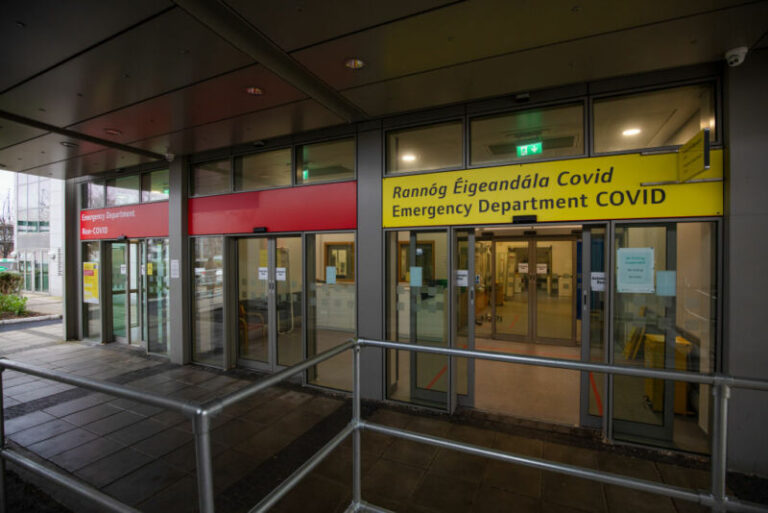
Sarah, a 36-year-old woman living in California, had lived with chronic depression for five years. She felt suicidal multiple times an hour and was unable to make decisions about basic questions like what to eat. Nothing she had tried to treat it, including electroconvulsive therapy, had helped.
Then, in June 2020, she had an implant inserted into her skull that zaps the parts of her brain that cause her illness. The remarkable results, published in Nature Medicine today, raise the prospect of personalized treatments for people with severe mental illnesses that don’t respond to therapy or medication.
“My depression has been kept at bay, and that’s allowed me to start rebuilding a life that’s worth living,” Sarah said at a press conference. (Her surname was not given.)
Installing the device involved multiple steps. First, the team from the University of California, San Francisco, used 10 electrodes to map Sarah’s brain activity. This phase took 10 days, during which time the team found that high levels of activity in a specific part of Sarah’s amygdala predicted the onset of severe depression. They also established that a small burst of electricity to another region of her brain, called the ventral striatum, significantly improved these symptoms. Next, they implanted a neurostimulation device and set it up to trigger a tiny pulse of electricity in that area when it detects high levels of activity associated with depression symptoms.
Sarah (pictured above) can’t feel these electricity bursts, which is just as well, since they go off up to 300 times a day; each lasts for six seconds. The device doesn’t deliver any zaps at night because they lead to feelings of energy and alertness, which could interfere with Sarah’s ability to sleep.






